A significant challenge associated with these devices is their reliance on battery power, which inherently limits their operational lifespan. This limitation results in three key issues:
-
Increased operational costs: the need for regular battery replacement, typically every couple of years, incurs expenses. Additionally, maintenance costs such as labour costs must be considered, as factory personnel are required to perform these replacements regularly.
-
Maintenance overhead: in system-critical applications, battery-powered devices can introduce unplanned downtime during maintenance or replacement, potentially disrupting operations and reducing overall factory efficiency.
-
Environmental impact: the environmental consequences of battery use are often underestimated. If not properly recycled, used batteries contribute significantly to global waste. By 2025, an estimated 78 million batteries may be discarded in landfills each day1.
Nexperia’s energy harvesting technology has emerged as the means in which many power-related problems facing the IoT may be solved. The energy from incident light, temperature difference, vibrations and RF signals can be leveraged - resulting in devices being able to run indefinitely without the need for battery substitutions. By expanding battery life or even removing the need for battery swaps entirely, our portfolio significantly reduces e-waste while lowering operational and maintenance costs.
NEH71x0BU is a high-efficiency energy harvesting PMIC which acts as a complete power management solution. It is optimized to efficiently harvest energy from a wide range of ambient sources (listed above). This chipset is therefore ideal for factory automation applications and is the one used in the real-life use cases mentioned below.
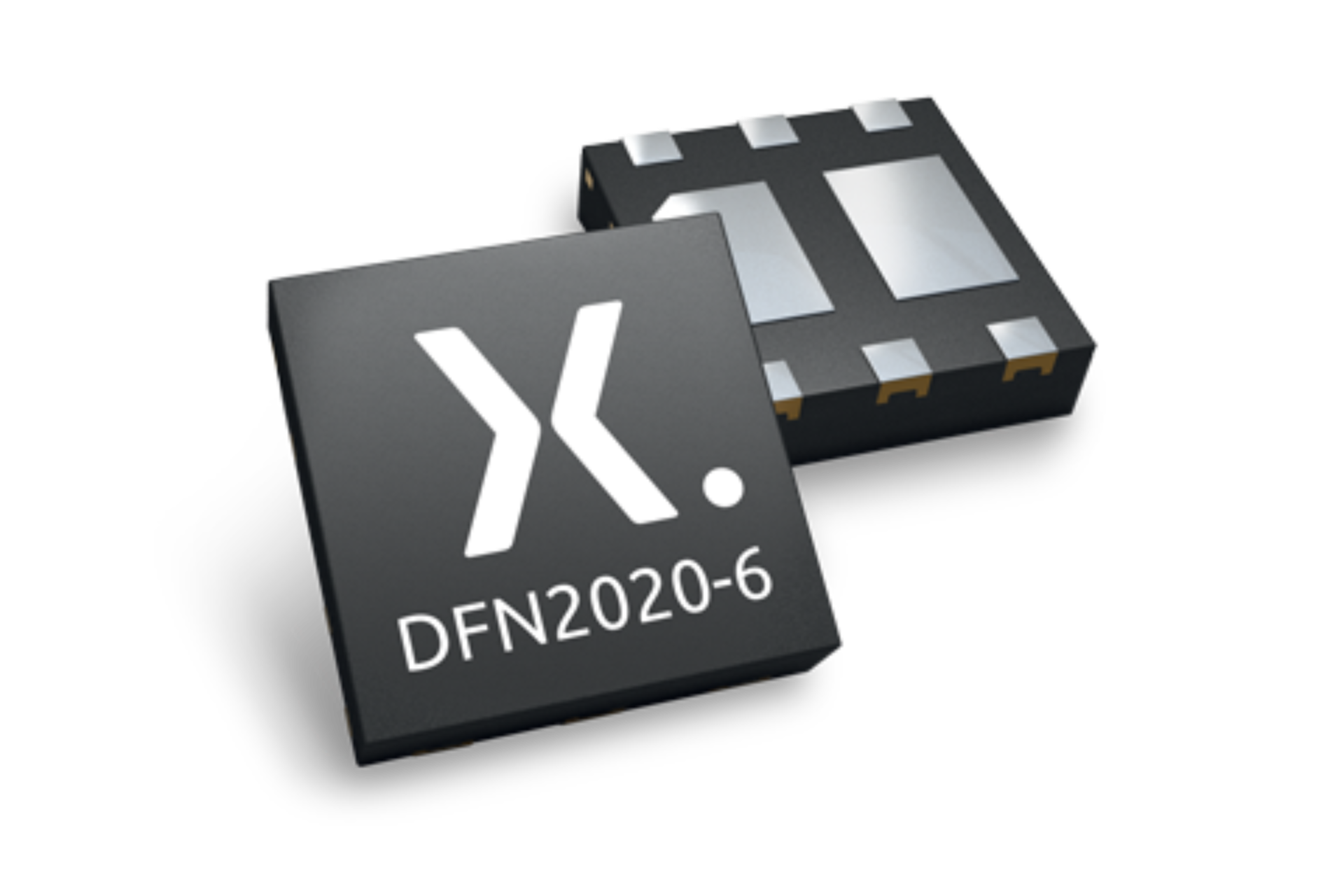
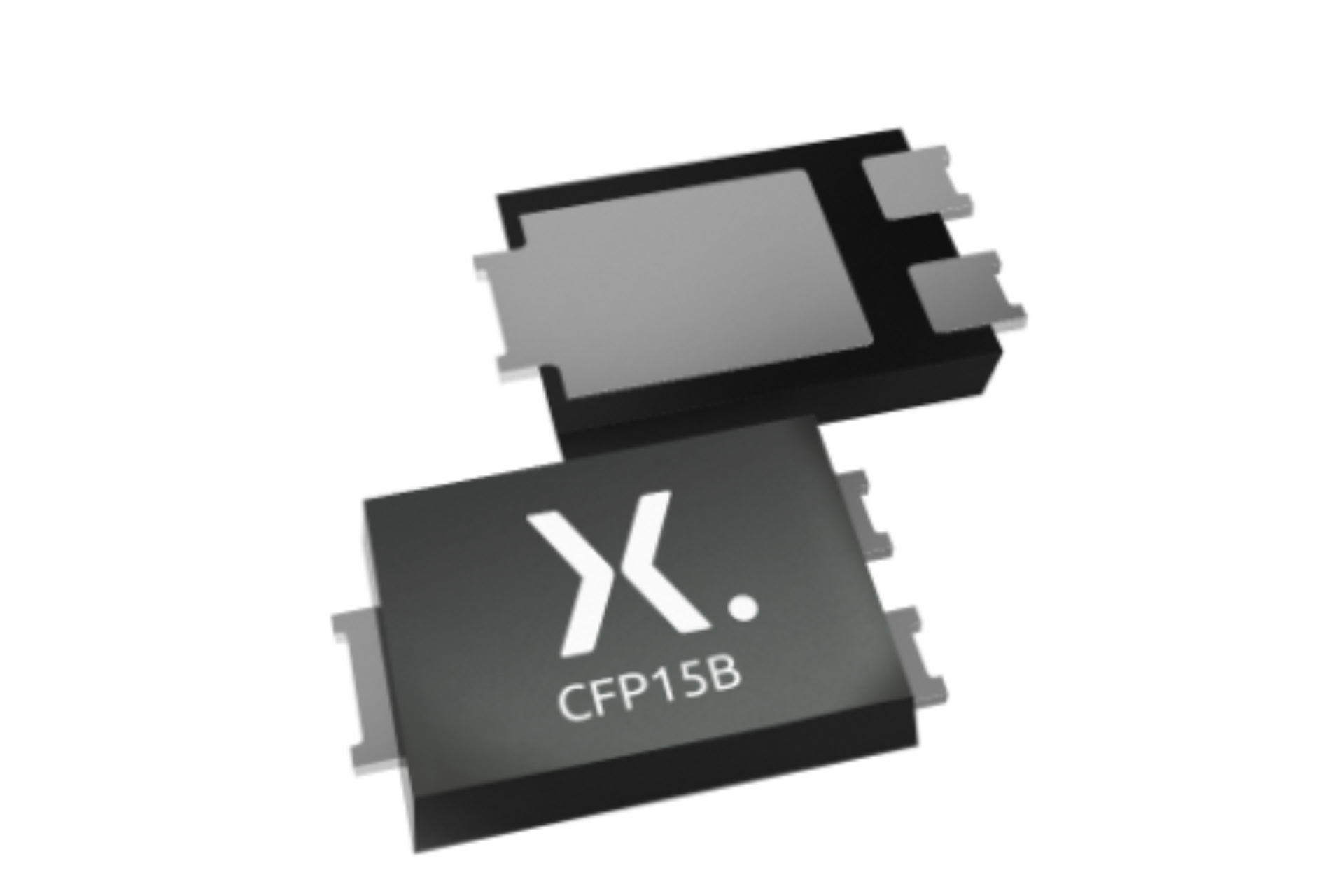
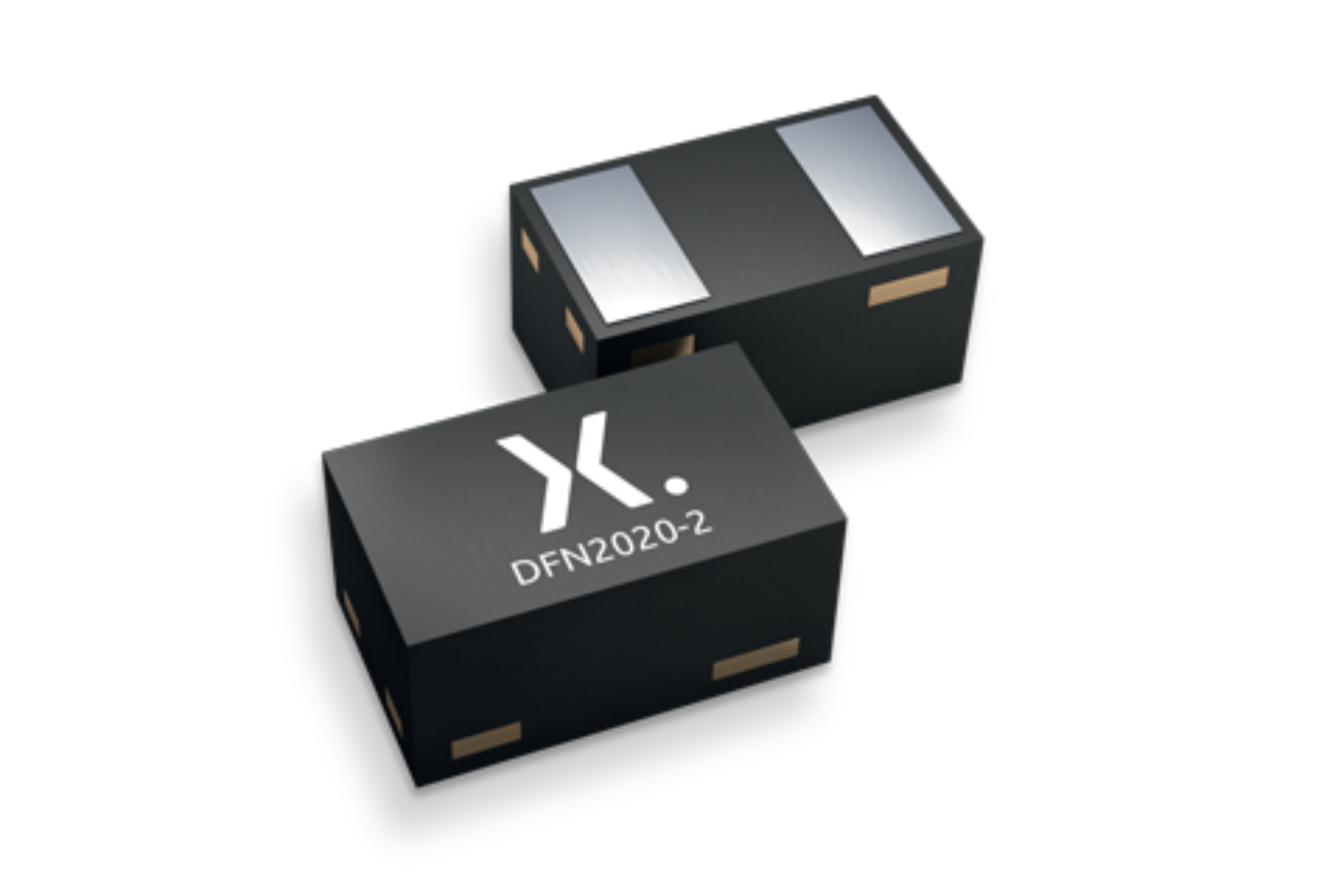
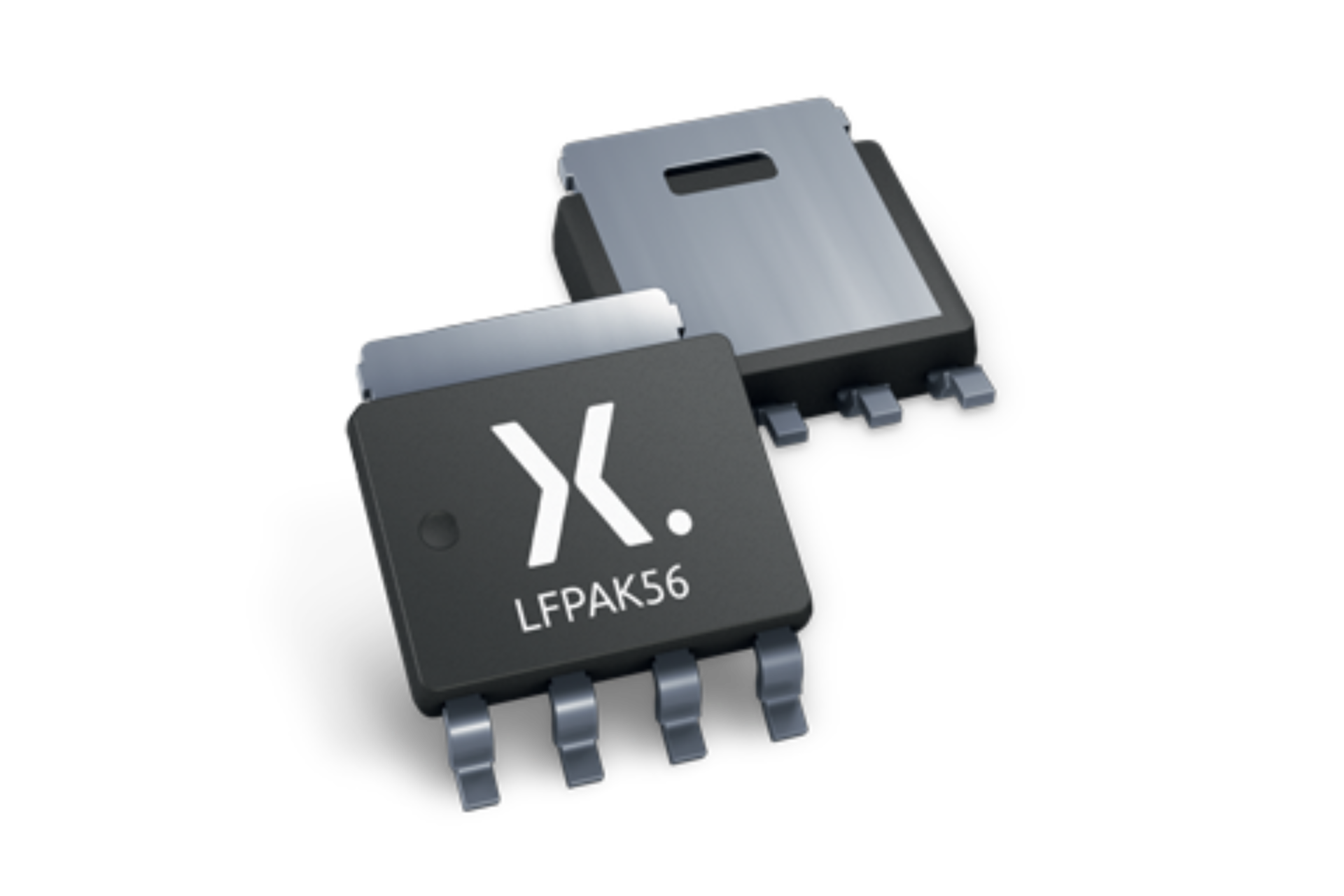
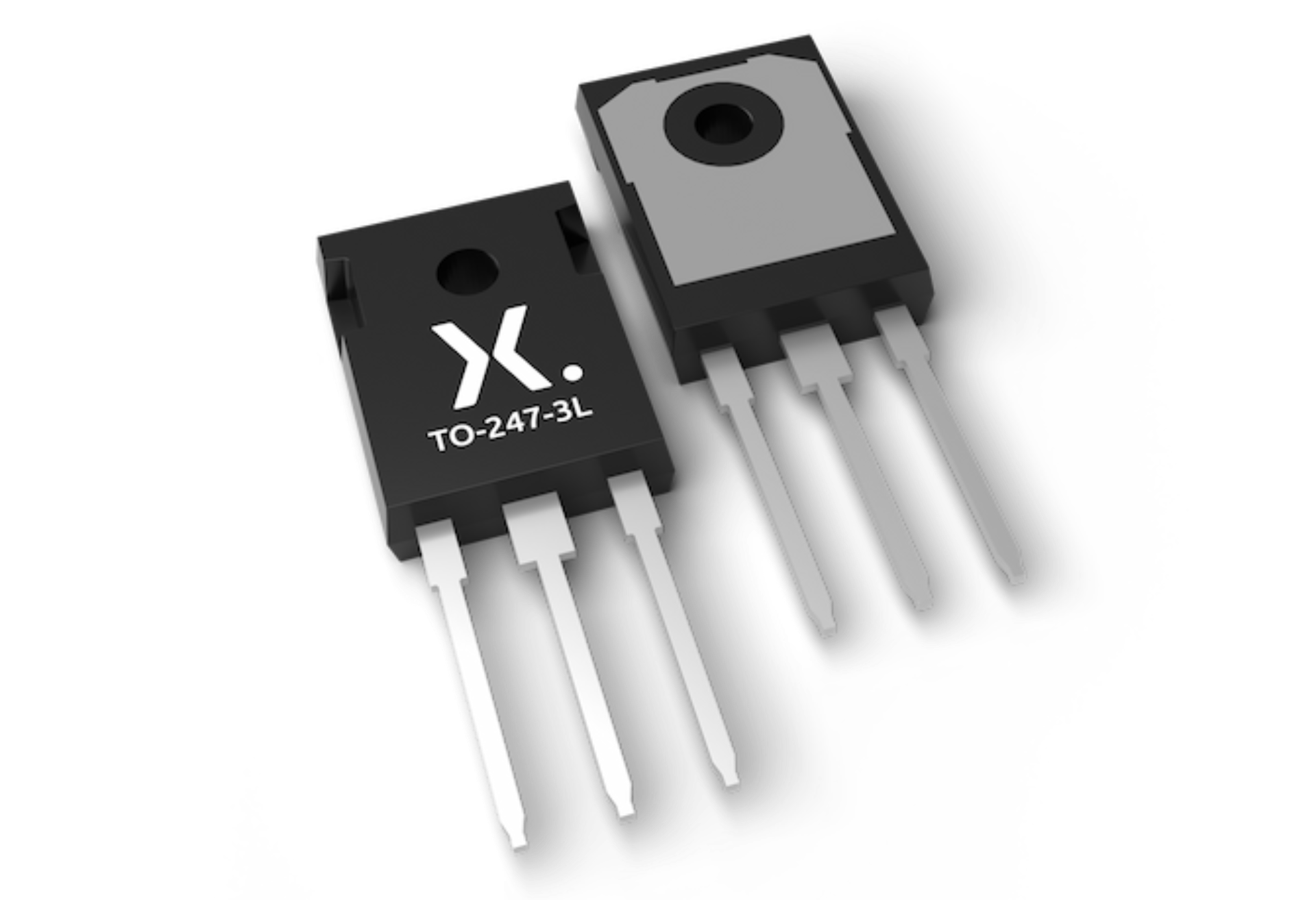
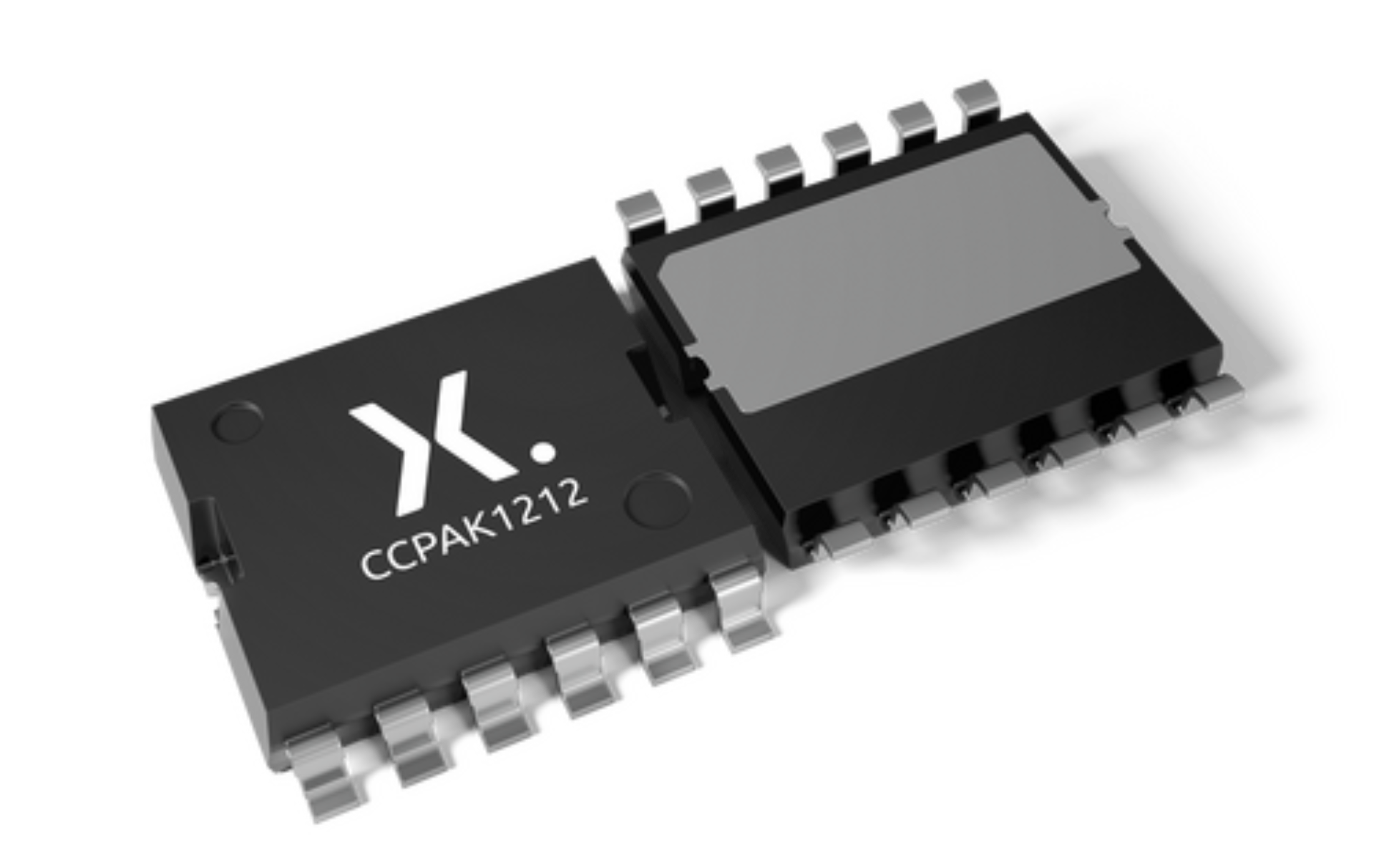
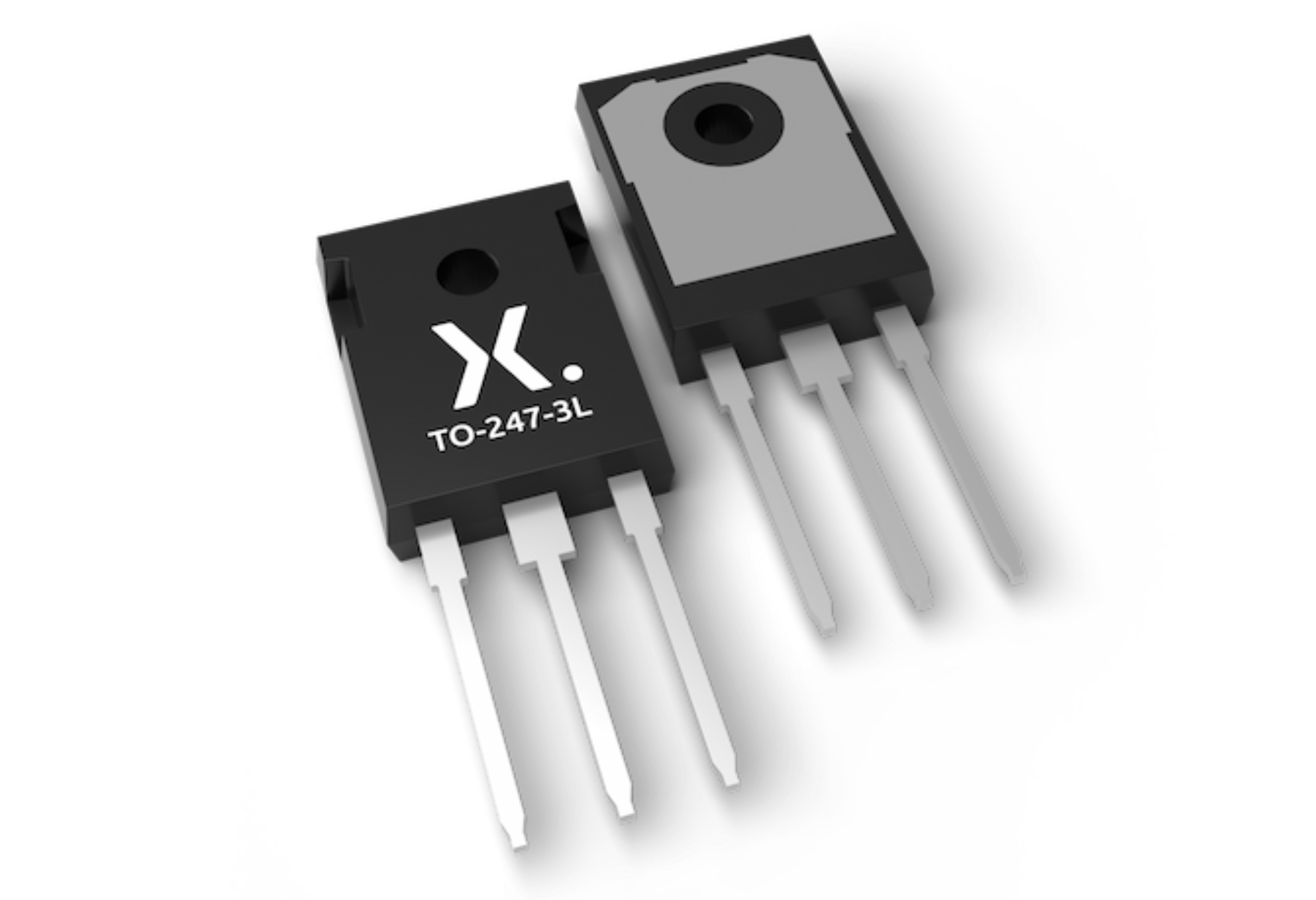
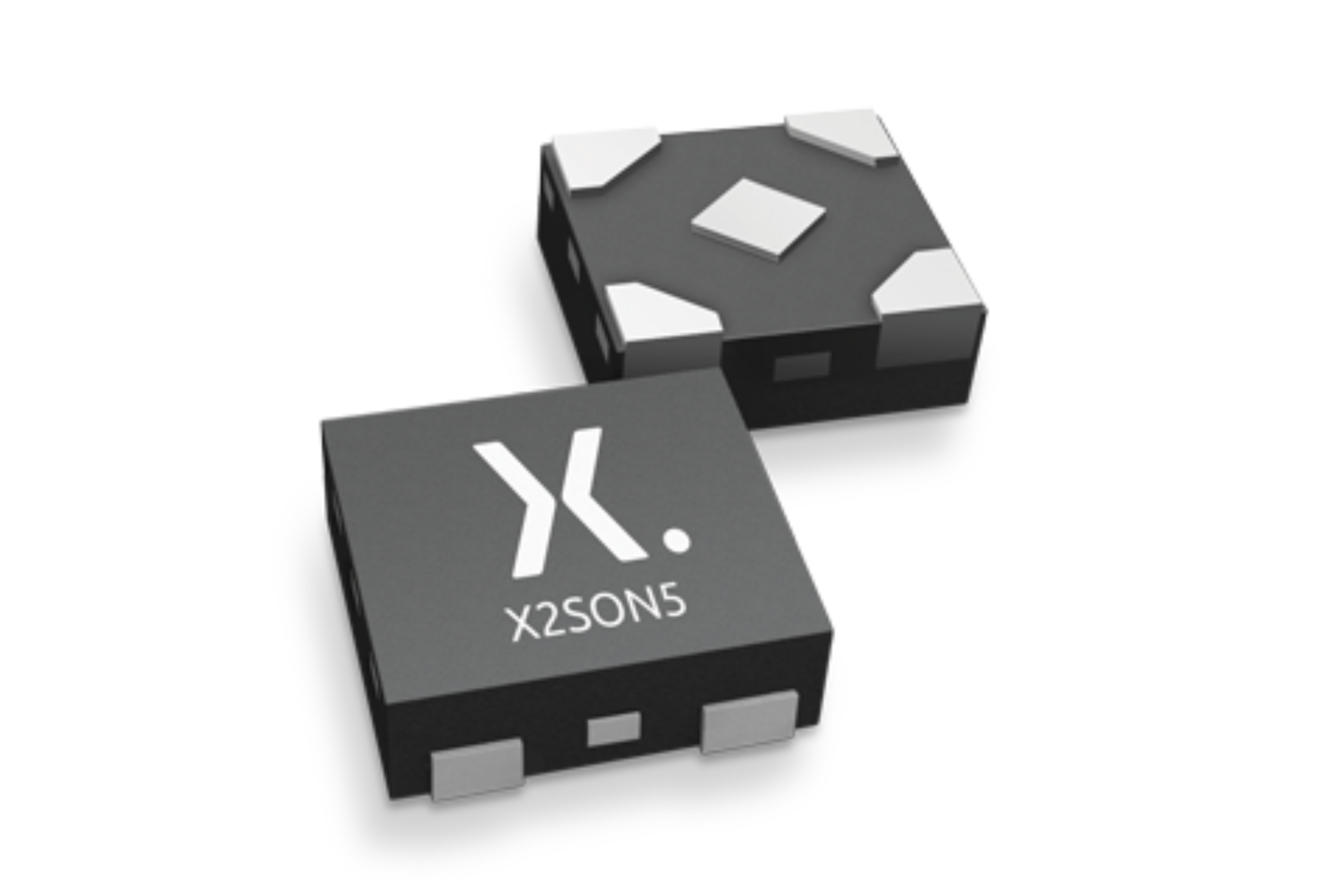
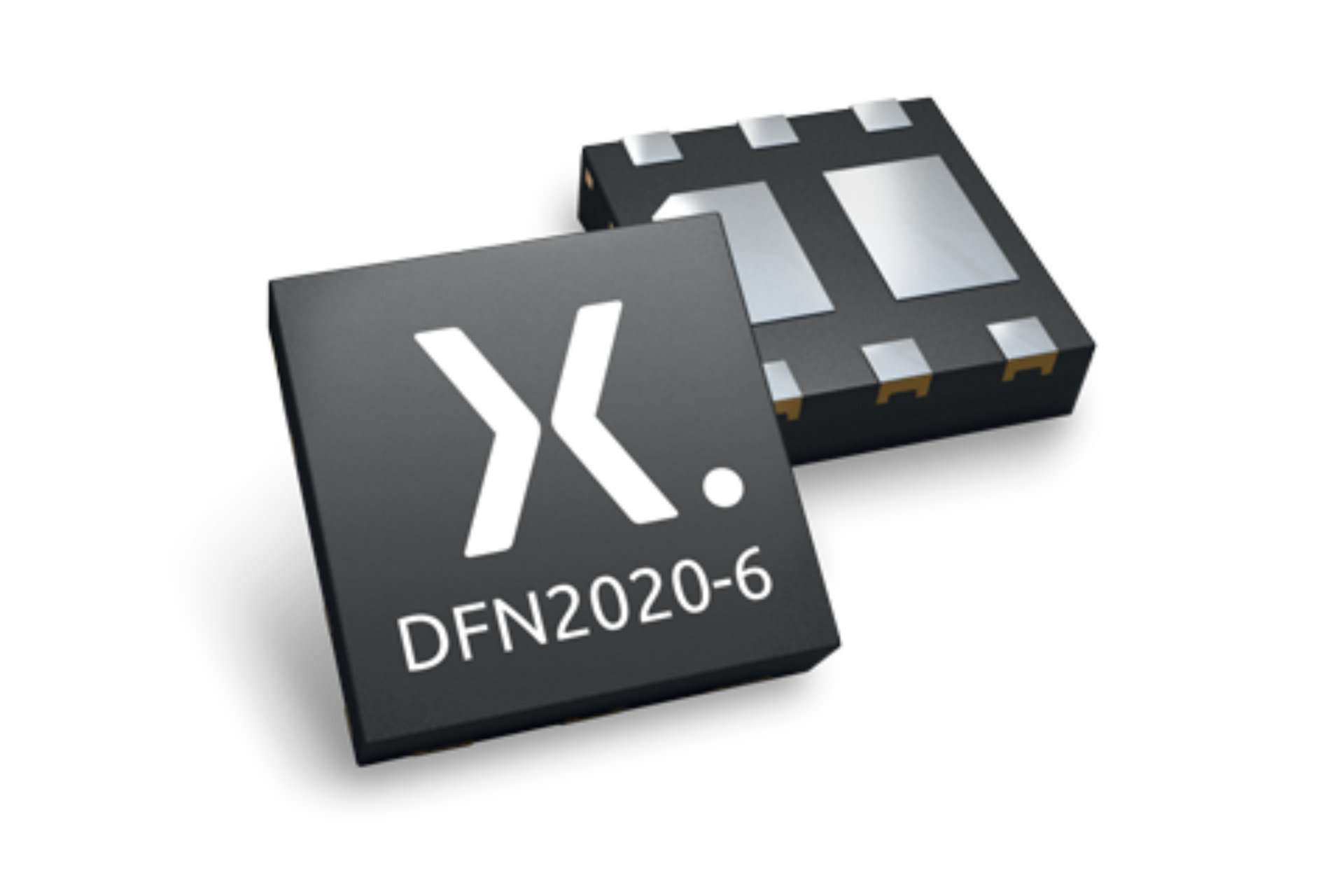


.jpg)
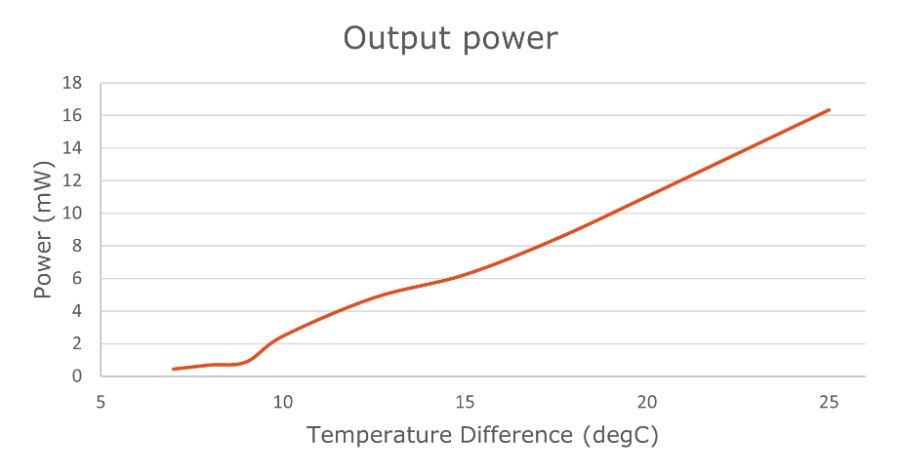

.png)
